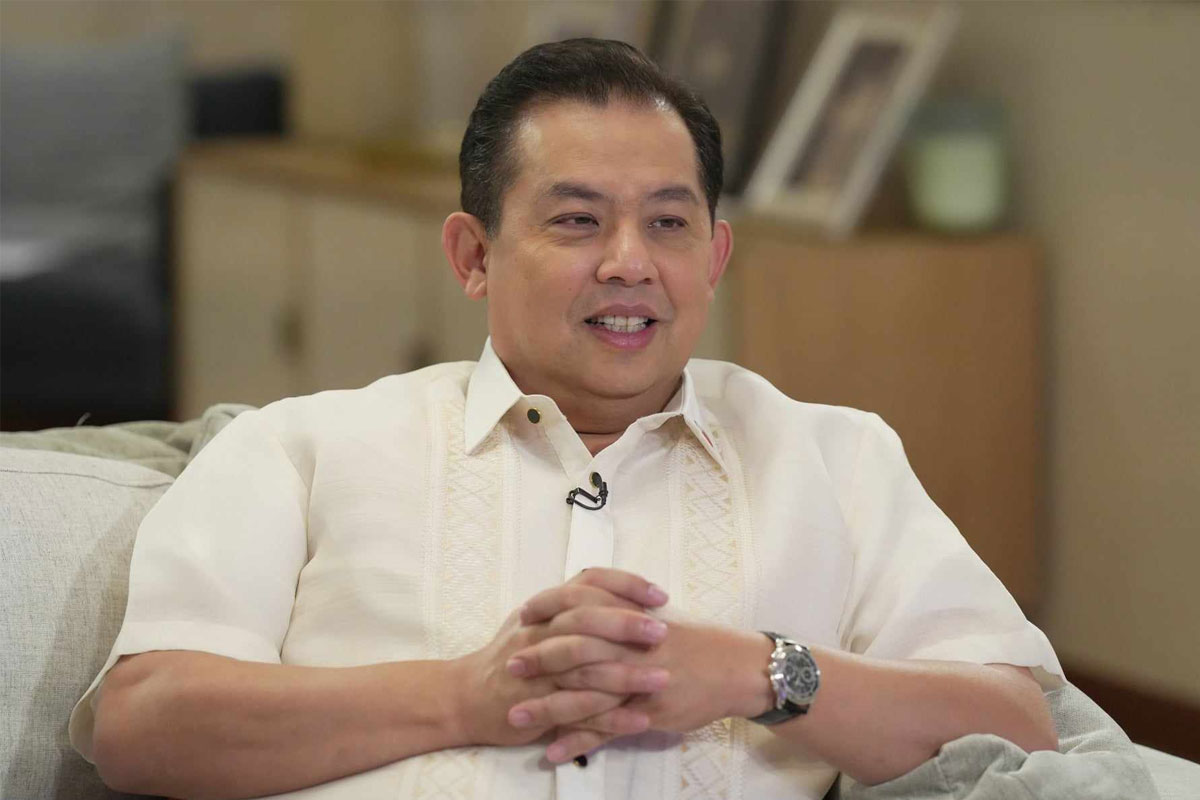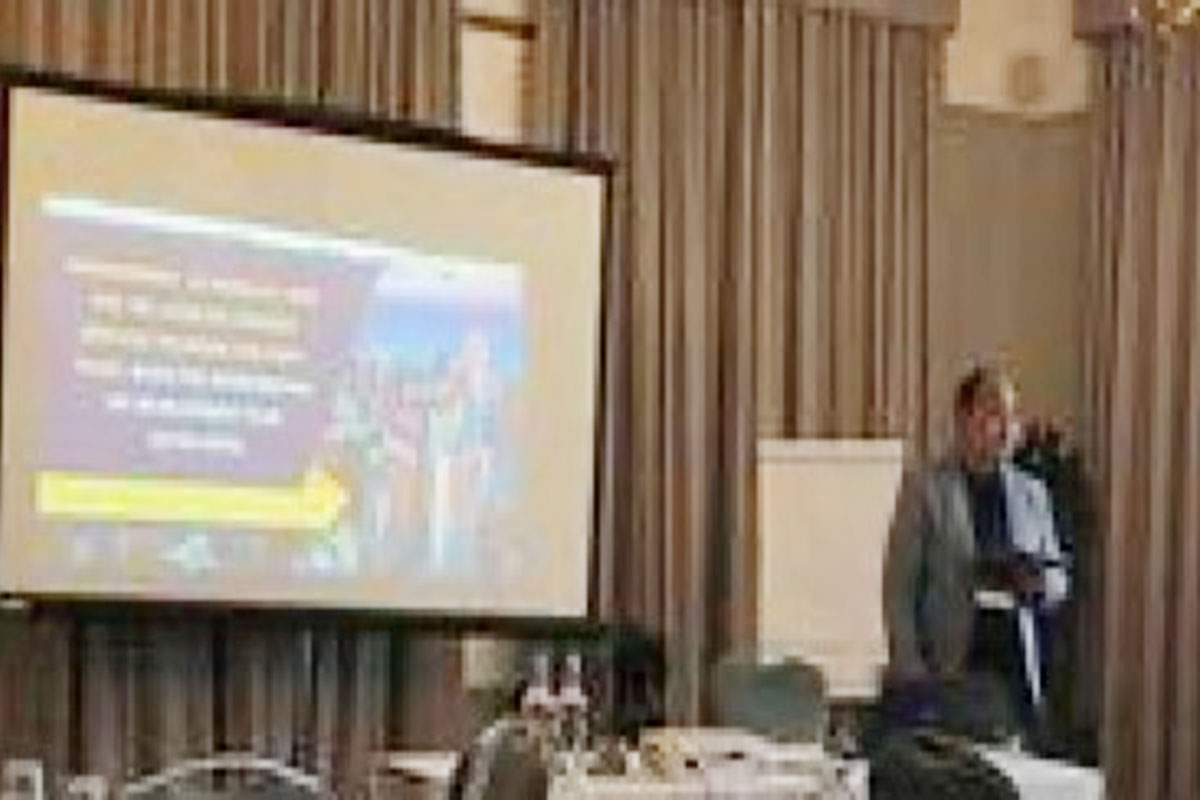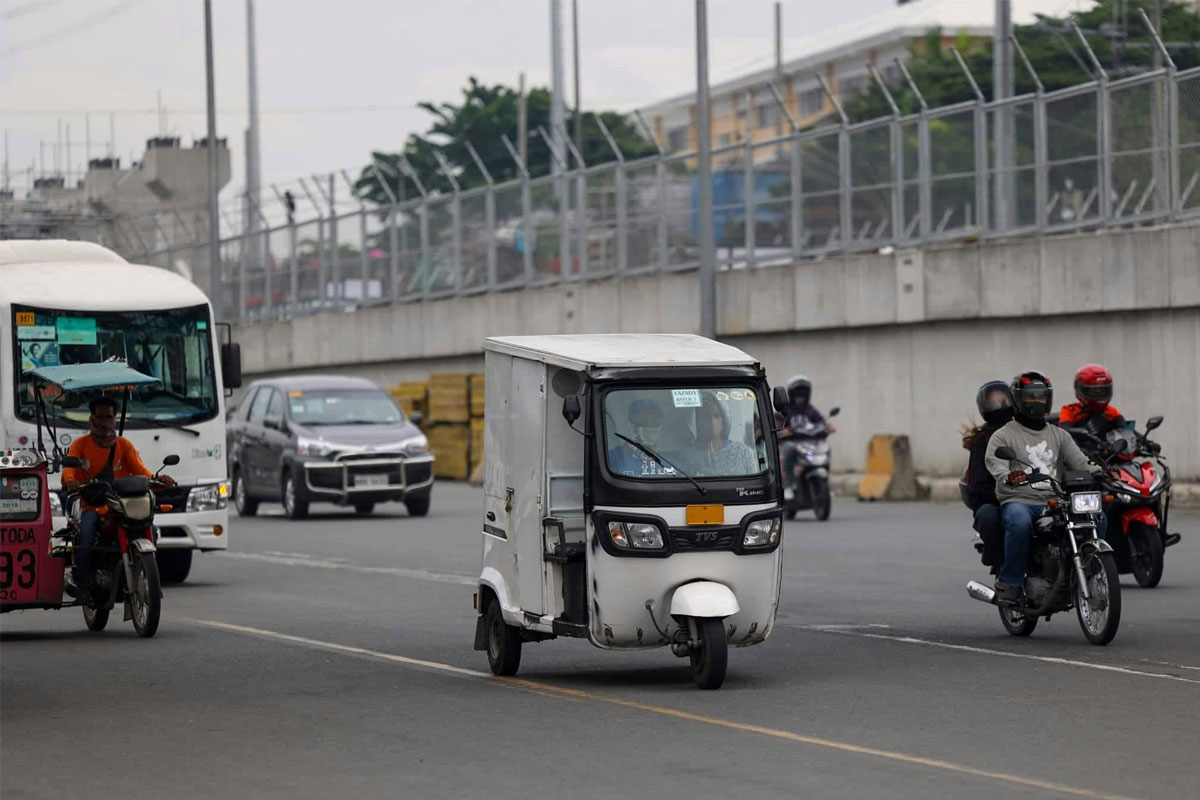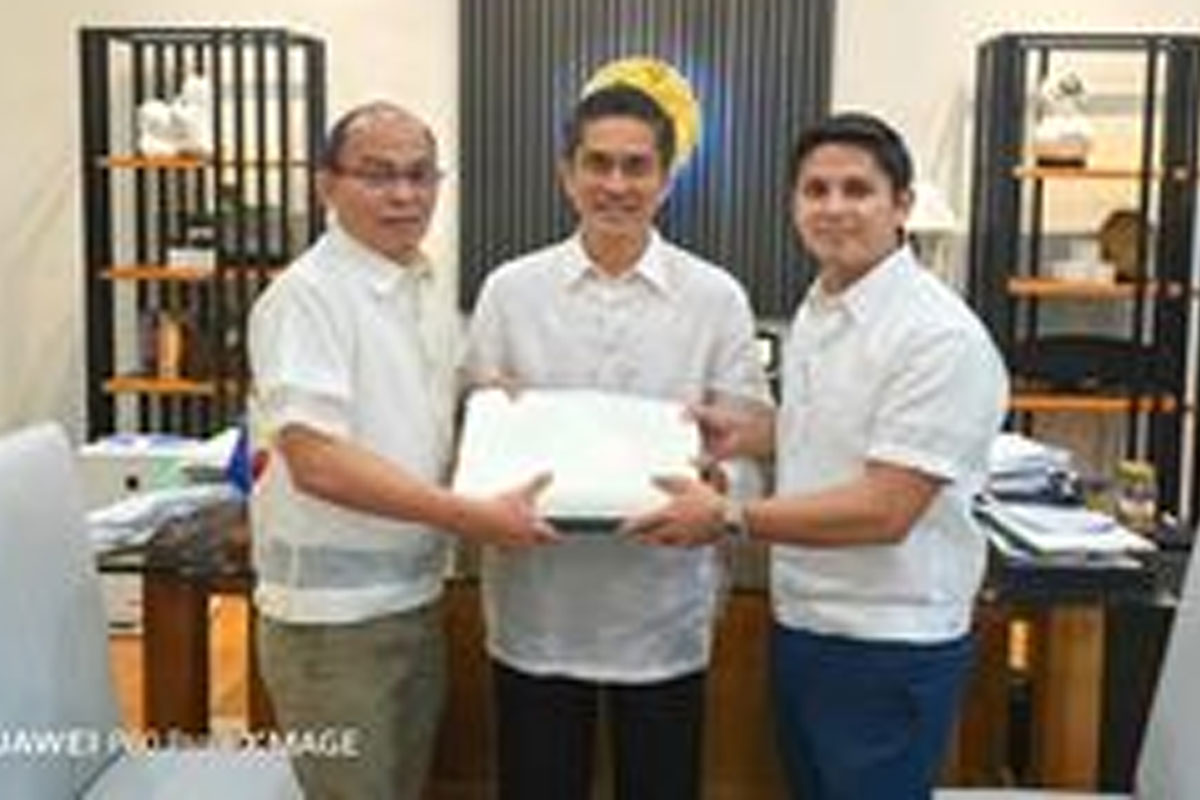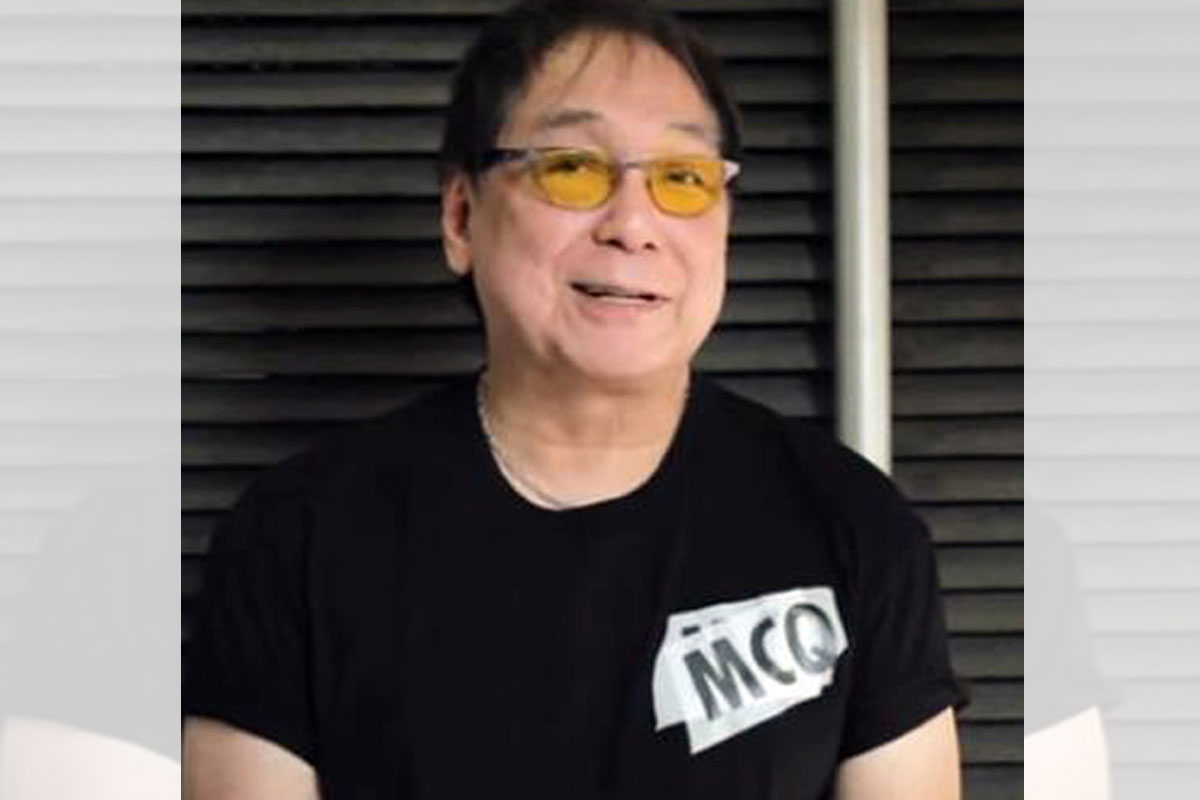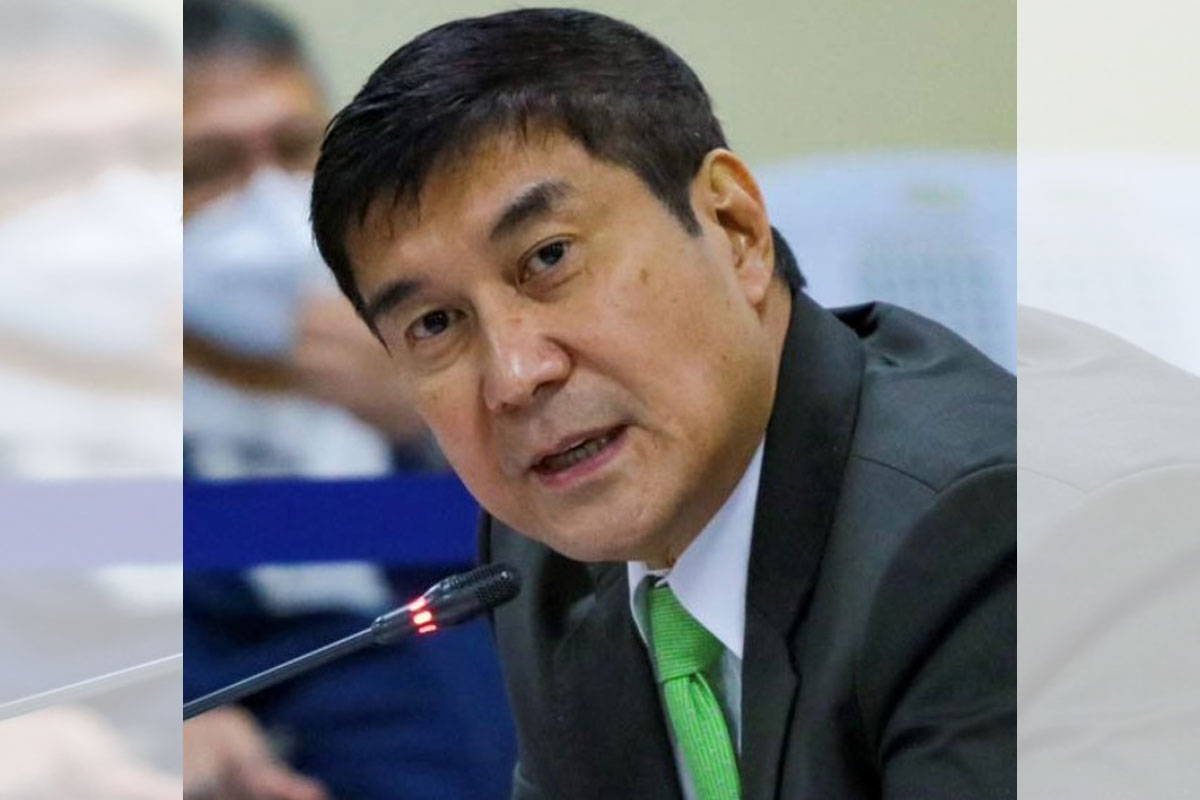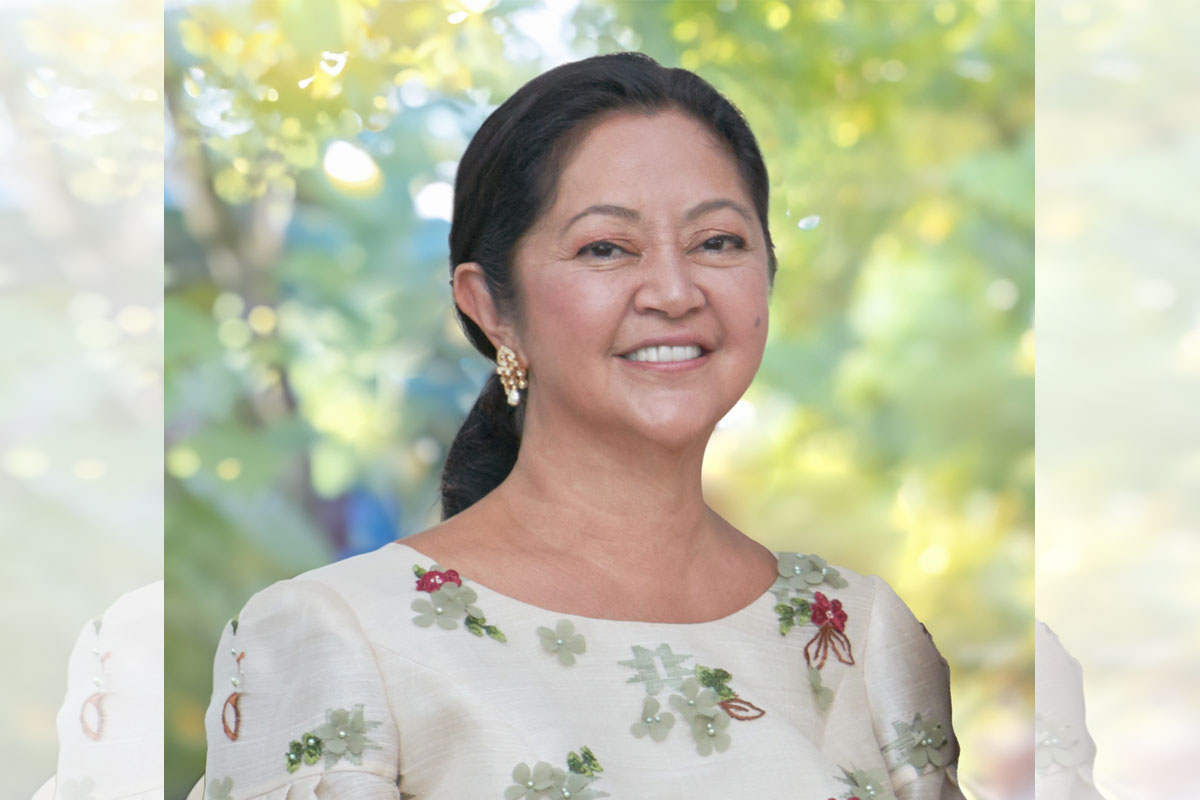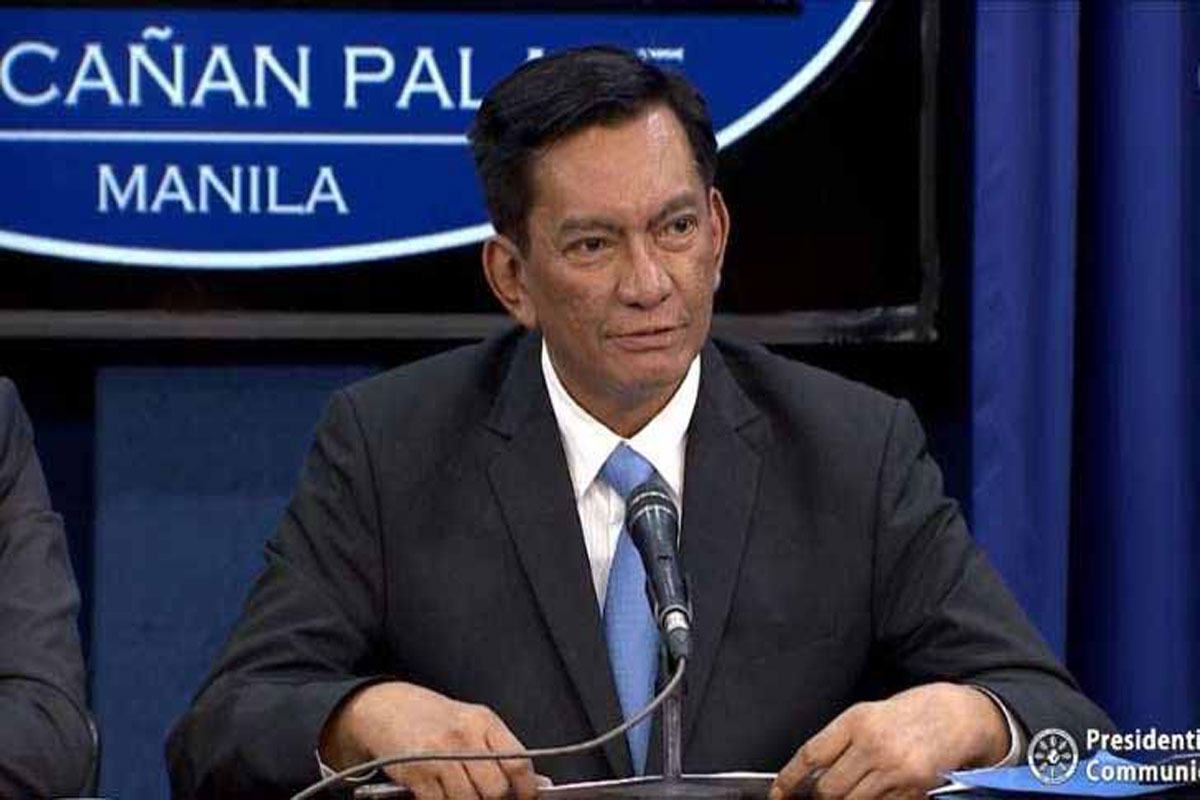
House leader calls for taxing luxury goods, items
A HOUSE leader on Monday said his committee, where all tax measures are assigned, is studying the imposition of non-essential goods taxes on several lines of luxury items in response to calls from international organizations such as Oxfam International for the Philippine government to impose taxes on the country’s “super-rich.”
The calls were made by House Committee on Ways and Means chairman and Albay 2nd District Representative Joey Sarte Salceda as President Ferdinand “Bongbong” R. Marcos Jr. heads off to the World Economic Forum (WEF), where he will address the world’s richest individuals and countries.
“I can’t target one specific section of the population for what they supposedly own. They will simply apply for a foreign citizenship and move their money to other countries that will be happy to take them. But wealth induces luxurious lifestyles what economists call conspicuous consumption. We can slap taxes on those items since they won’t mind paying them anyway,” Salceda said.
Salceda is referring to Section 150 of the tax code, as amended, which currently imposes a 20% tax on the price of jewelry, perfumes, and yachts.
Salceda said “the committee will definitely pass a measure expanding that list, but we will discuss which items can generate the most revenue for the least effort.”
“The committee is particularly studying taxing wristwatches, bags, and other leather items above P50,000, private jets, luxury cars above P5 million, the sale of residential properties above P100 million, beverages above P20,000 per bottle, traded paintings above P100,000, among other items,” Salceda said.
“Generally, the point of the debate will be what can be universally considered ‘luxury.’ To me, it is when an item is beyond reasonable reach of the vast majority of the population and is not necessary for any essential function,” Salceda pointed out.
Salceda also said that the correct valuation of real property in the country is “also an essential step in ensuring that we tax the rich properly.”
“Instead of taxing highly mobile or movable capital such as cash, stocks, bonds, and other financial instruments, we can tax luxury real assets better. And we won’t have to create new taxes, because we are supposed to value those properties correctly anyway,” Salceda added.
Oxfam and its Philippine affiliate noted that “Inequality experienced in the Philippines is starker with the nine richest Filipinos having more wealth than the bottom half (55 million) of the population.”
Salceda agreed that “the levels of inequality in the country are obscene. That’s not just in income or wealth. That is also present in [the] concentration of economic power. We have the highest concentration of business in the hands of a few among all ASEAN (Association of Southeast Asian Nations) countries. And it leads to having a cartel pretty much in every essential industry.”
“But, taxing much-needed capital will lead to more problems than solutions. I want the rich to keep their money in the Philippines and spend it on our development. Driving them away by taxing highly mobile assets solves nothing for the country.”
“Taxes on the rich could lead to lower taxes on the working class,” Salceda said as he noted that the reforms he has pushed for tended to “take from the rich a fairer share, and lower tax rates for everybody else.”
“TRAIN (Tax Reform for Acceleration and Inclusion Law), for example, increased income taxes on the super-rich but lowered taxes for the rest of the public – some 99% of PIT payers. CREATE (Corporate Recovery and Tax Incentives for Enterprises) clawed back some of the tax incentives from overgrown or over-pampered industries but lowered corporate income taxes for everybody else, especially small businesses,” he said.
“If we can raise more consumption taxes on luxury items, we might be able to begin lowering the VAT (Value-Added Tax) for most other things,” Salceda said.
“That’s definitely an option – if we can raise enough revenues from the purchases of the rich,” the House tax panel chair added.


